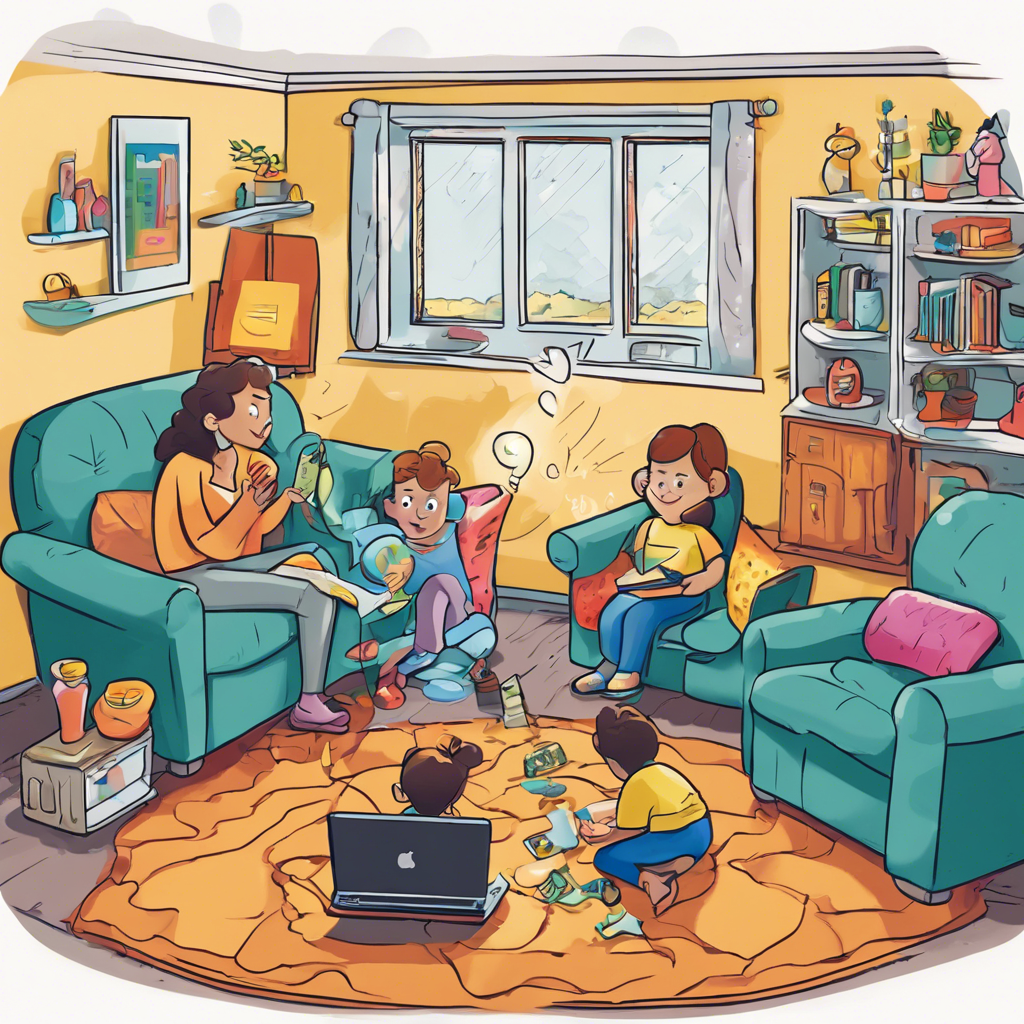How Do Different Playing Styles Impact The Psychological Tactics Used In Poker?
Gathering question image...
Introduction
Understanding the impact of various poker playing styles on psychological tactics is crucial for both players and game strategists. Different styles, including tight, aggressive, and loose play, influence the way players interact, bluff, and perceive one another’s strategies, thereby shaping the psychological dynamics of the poker game.
Impact of Playing Styles on Psychological Tactics in Poker
In the game of poker, players adopt distinct playing styles that profoundly affect their psychological strategies. These varying styles can create unique advantages or present challenges in psychological combat. Here is an overview of the most common poker playing styles and their psychological impacts:
- Tight players focus on quality over quantity, playing fewer hands which leads to cautious bluffing strategies that can be more effective.
- Aggressive players apply constant pressure through significant bets and raises, using intimidation tactics to manipulate opponents' decision-making processes.
- Loose players frequently participate in numerous hands, fostering a chaotic playing environment that complicates their opponents' ability to predict their actions.
Psychological Strategies Tailored to Playing Styles in Poker
To succeed in poker, players must adjust their psychological strategies based on their opponents' playing styles. This adaptability is often essential for achieving success at the poker table. Recognizing psychological shifts when confronting different styles can greatly enhance one's overall game performance. Here are key tactical adaptations:
- Adjusting levels of aggression: When playing against tight players, bluffing tends to be more successful, while a conservative approach may be needed against loose players who are inclined to call frequently.
- Reading tells: Observing how players behave under pressure can reveal valuable insights into their hands, particularly against aggressive opponents who might give away clues when bluffing.
- Mind games: Players can utilize reverse psychology, such as under-betting against aggressive players to encourage them to commit more chips, thereby increasing the pot odds.
Conclusion
The diverse playing styles in poker significantly influence the psychological tactics utilized during gameplay. By recognizing and adapting to these styles, players can sharpen their strategic approaches and enhance their chances of winning at poker. A profound understanding of psychological dynamics creates numerous opportunities for advantageous moves and successful outcomes.
Expert Quote
David Sklansky, Professional Poker Player and Author
In poker, understanding your opponents' playing styles and adapting your strategies accordingly can often be the difference between winning and losing.
The Theory of Poker, 1999
Relevant Links
In poker, what are some psychological tricks you can use on other ...
https://www.quora.com/In-poker-what-are-some-psychological-tricks-you-can-use-on-other-playersPoker and the Psychology of Uncertainty | WIRED
https://www.wired.com/story/poker-psychology-uncertainty/What were the cheat mechanics Mike was talking about in the movie ...
https://www.quora.com/What-were-the-cheat-mechanics-Mike-was-talking-about-in-the-movie-RoundersHow Poker Personalities Influence Playing Styles | GGPoker
https://ggpoker.com/blog/beginner-strategy/how-poker-personalities-influence-playing-styles/Poker Hands Cheat Sheet Printable poker hands cheat sheet printable
https://www.voteforthepig.tennessee.edu/Resources/5P8047/HomePages/PokerHandsCheatSheetPrintable.pdfMost popular questions

How Do The Personal Relationships Among Gods Affect Their Decisions In The Iliad?
The intricate relationships among the gods in Homer's epic poem 'The Iliad' play a crucial role in shaping their actions and decisions. These divine interactions create a complex web of fates, where each god's personal alliances and rivalries directly influence the events of the mortal world.

What Strategies Can Parents Use To Educate Their Children About Online Safety Beyond Privacy Settings?
In today's digital landscape, teaching children about online safety is essential for their protection and well-being. While privacy settings play a critical role, parents can implement various strategies to create a thorough understanding of online safety principles among their children.

What Are The Different Types Of Insulation Materials Commonly Used In Buildings, And How Do They Compare In Terms Of Thermal Resistance?
Insulation materials are vital for enhancing energy efficiency in residential and commercial buildings by minimizing heat transfer. Understanding the various insulation types can lead to better choices for thermal resistance and overall comfort.
Most recent questions

How Does The Position Of A Player In A Team Sport Affect Their Role And Contribution To The Game?
In team sports, the designated position of each player is vital to their role and contribution to the team's overall performance. This positioning dynamic can be likened to the instruments in an orchestra, where every musician plays a crucial role to create harmonious music. Understanding player positions is key to successful sports participation.

How Have Changes In Officiating Standards Affected Player Aggression In Soccer?
The evolution of soccer officiating standards has profoundly influenced player behavior on the field, particularly regarding aggression. Referees and governing bodies actively revise rules and interpretations to enhance player safety and uphold the integrity of the game. This article delves into how these officiating changes have affected player aggression in soccer.

How Do Viewer Demographics Influence The Selection Of Themes And Narratives In Television Series?
Viewer demographics are essential in shaping the themes and narratives of television series. By analyzing the audience’s age, gender, cultural background, and viewing preferences, producers can significantly enhance the storytelling strategy of a show and improve its overall appeal.